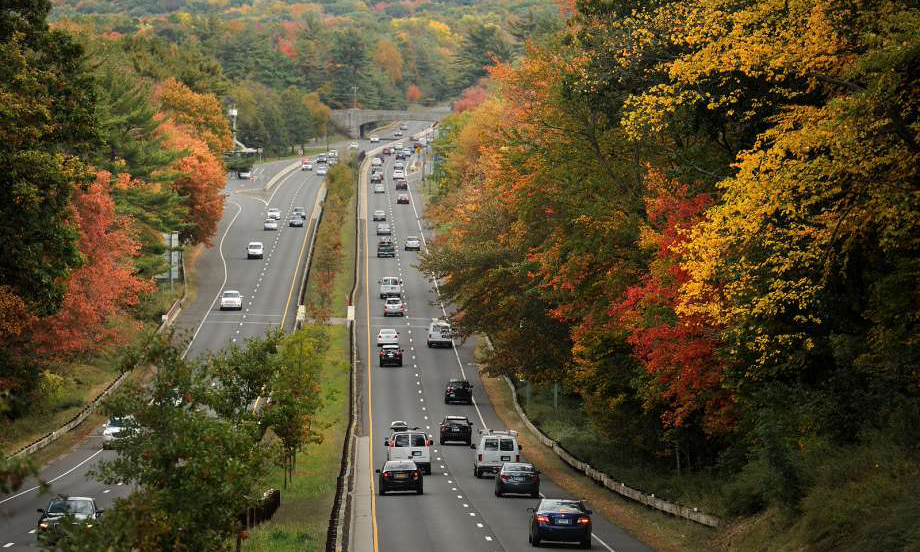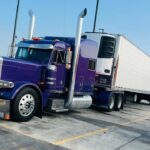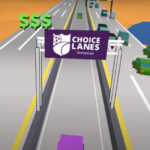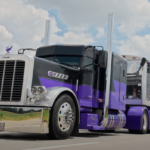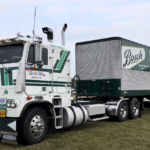A new bill has been introduced in the Connecticut General Assembly which proposes to significantly increase the punishment for commercial vehicle drivers who are caught using state parkways. The bill, if passed, would mean that drivers of commercial vehicles would face much harsher penalties than they currently do for violating these rules. The aim of the bill is to deter commercial vehicle drivers from using state parkways, which are designated for non-commercial use only, in order to improve safety on these roads.
“An Act Concerning The Penalty For Commercial Vehicles On State Parkways” (HB 6676) was introduced on February 14, 2023. The new legislation would apply to Merritt Parkway, Wilbur Cross Parkway, and Milford Parkway.
Connecticut legislators have put forward a new bill with the goal of improving public safety and compliance with the ban on certain types of motor vehicles on state parkways. The bill proposes to raise the penalty for commercial vehicle drivers who use state parkways without a permit from about $100 to $500. The lawmakers believe that the increased fine will serve as a stronger disincentive for commercial vehicle drivers to break the rules and use state parkways, which are intended for non-commercial traffic only. The hope is that this will reduce the number of banned vehicles on these roads and help to prevent accidents and other safety hazards.
Connecticut parkways have had a longstanding prohibition on commercial vehicles, as the low overpasses on these roads are not designed to accommodate trucks. Therefore, commercial vehicles are not allowed to use these roads. This ban has been in place for some time, as it is necessary for safety reasons, and is intended to prevent commercial vehicles from damaging the parkways’ infrastructure and posing a threat to other drivers.
Connecticut bans the following vehicle types from traveling on parkways:
- Commercial motor vehicles
- Trailers
- All towed vehicles (except as provided in Section 14-298-240)
- Buses (however, school vans are permitted)
- Hearses when part of a procession or cortege
- Vehicles bearing other than passenger, camper, taxicab, vanpool or hearse registrations and those vehicles bearing combination registrations which have a gross weight in excess of 7,500 pounds
- Vehicles whose dimensions (fully loaded) exceed 24 feet in length; 70 feet, 6 inches in width; and 8 feet in height
